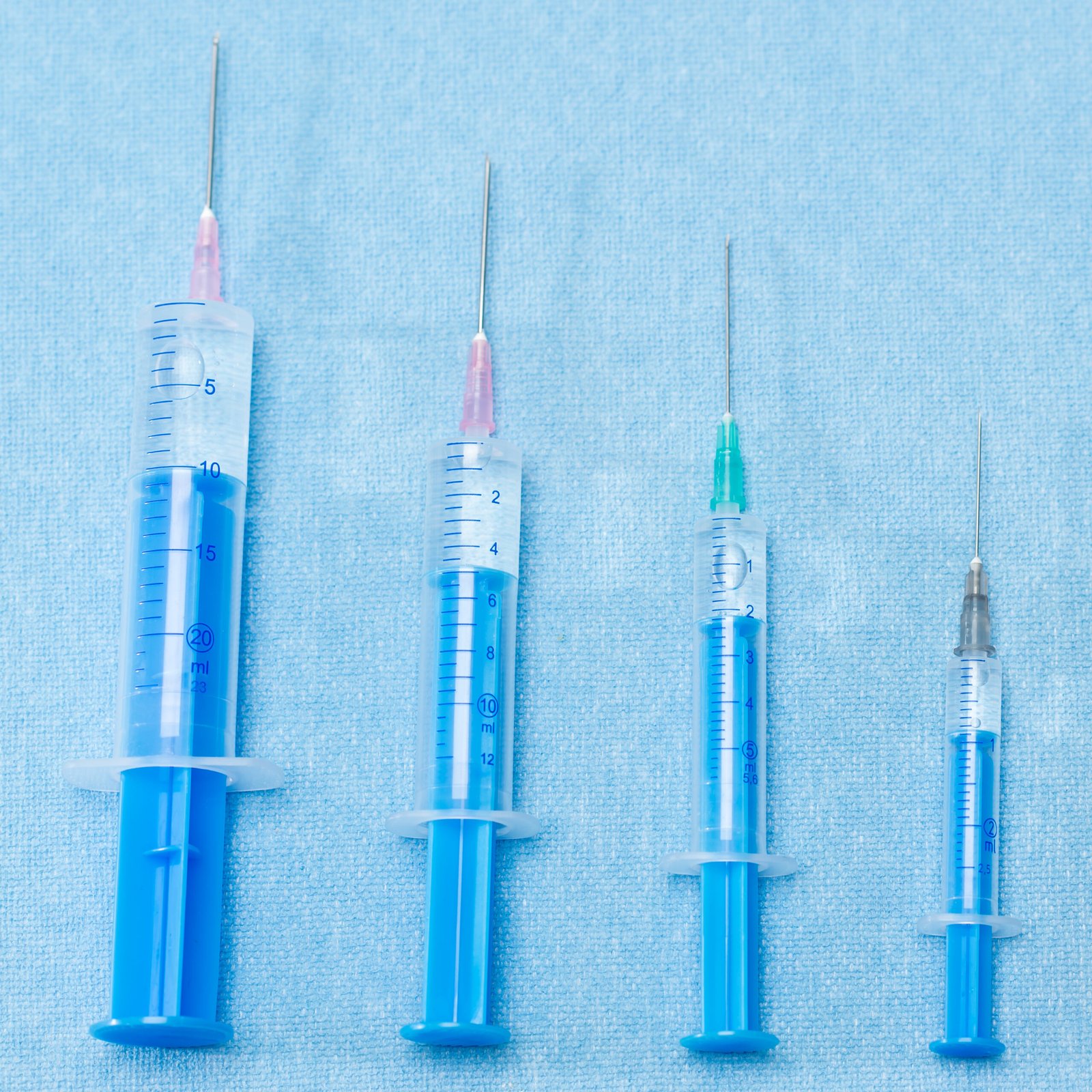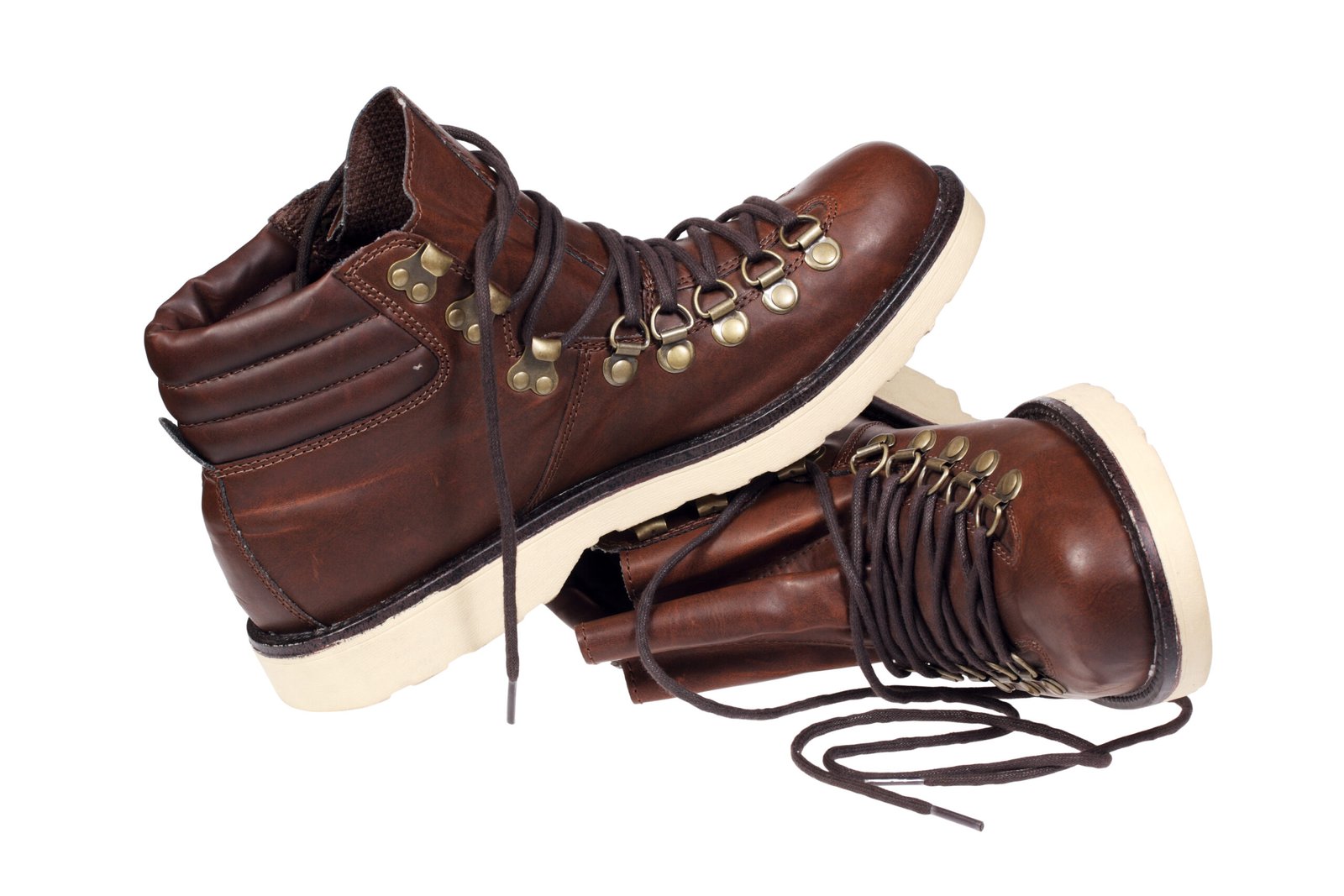Dogs are part of our families, and we want to give them the best care possible. One crucial aspect of caring for your dog is providing them with a balanced diet that meets their nutritional needs. In this article, we will discuss everything you need to know about feeding your dog the right food for their specific needs.
Introduction to Dog Nutrition
A healthy diet is essential for keeping dogs happy and active throughout their lives. Dogs require a well-balanced diet that includes protein, fats, vitamins, minerals, and fiber. The exact requirements vary depending on factors such as breed, age, activity level, and overall health status. It’s vital to choose a high-quality dog food that provides all the necessary nutrients in appropriate proportions.

Understanding Your Dog’s Dietary Needs
The first step towards choosing the right dog food is understanding your pet’s individual needs. Factors like size, weight, breed, and age play an important role in determining what type of food they should eat. For instance, large breed puppies have different nutritional needs than small adult dogs. Similarly, senior dogs may require specialized formulas to support joint health or digestion.
Choosing the Best Food for Your Dog
With so many brands and types of dog food available, it can be challenging to determine which one is best for your furry friend. When selecting a dog food, look for products that contain high-quality ingredients like meat proteins, whole grains, and vegetables. Avoid low-quality fillers like corn, wheat, and soybeans that offer little nutritional value. Also, check the label for key nutrients like calcium, phosphorus, omega-3 fatty acids, and vitamin E.
The Importance of Regular Checkups

Regular veterinary checkups are critical for ensuring your dog’s optimal health. During these visits, your vet will examine your dog’s teeth, eyes, ears, skin, and other parts of their body to detect any potential issues early. They may also recommend certain tests or screenings based on your dog’s age, breed, and lifestyle. Additionally, regular dental cleanings help prevent gum disease, bad breath, and tooth loss.
Grooming Your Dog for Better Health
In addition to feeding your dog a balanced diet, grooming plays an integral role in maintaining their overall health. Brushing your dog regularly helps remove loose hair, dirt, and debris from their coat, reducing the risk of skin irritation and matting. Bathing your dog occasionally keeps their coat shiny and free of odor. Trimming nails prevents overgrowth, which could lead to discomfort and even injury.
Common Dog Health Issues and How to Prevent Them
Like humans, dogs are prone to various health problems, including obesity, arthritis, dental issues, ear infections, and allergies. To prevent these conditions, provide your dog with a balanced diet, plenty of exercise, regular grooming, and routine medical care. Additionally, avoid giving your dog table scraps or unhealthy treats, as they can contribute to weight gain and other health concerns.
Feeding Schedule and Portion Sizes
Feed your dog according to the instructions provided by the manufacturer on the dog food packaging. Typically, adult dogs require two meals per day, while puppies and pregnant females may need three or more meals. Divide the daily portion into smaller portions and serve at consistent times each day. Monitor your dog’s appetite and adjust the amount accordingly if needed.
Supplements and Treats for a Balanced Diet
While supplements aren’t always necessary, some dogs may benefit from additional nutrients like glucosamine for joint health or fish oil for brain function. Treats can be used as rewards during training sessions but shouldn’t make up more than 10% of your dog’s total calorie intake. Choose healthy snacks like carrots, apple slices, or chew toys instead of processed treats.
Conclusion: Ensuring Your Dog’s Optimal Health
Providing your dog with a balanced diet, regular exercise, and routine medical care is essential for ensuring their optimal health. By following the tips outlined above, you can keep your four-legged family member happy and healthy for years to come.


